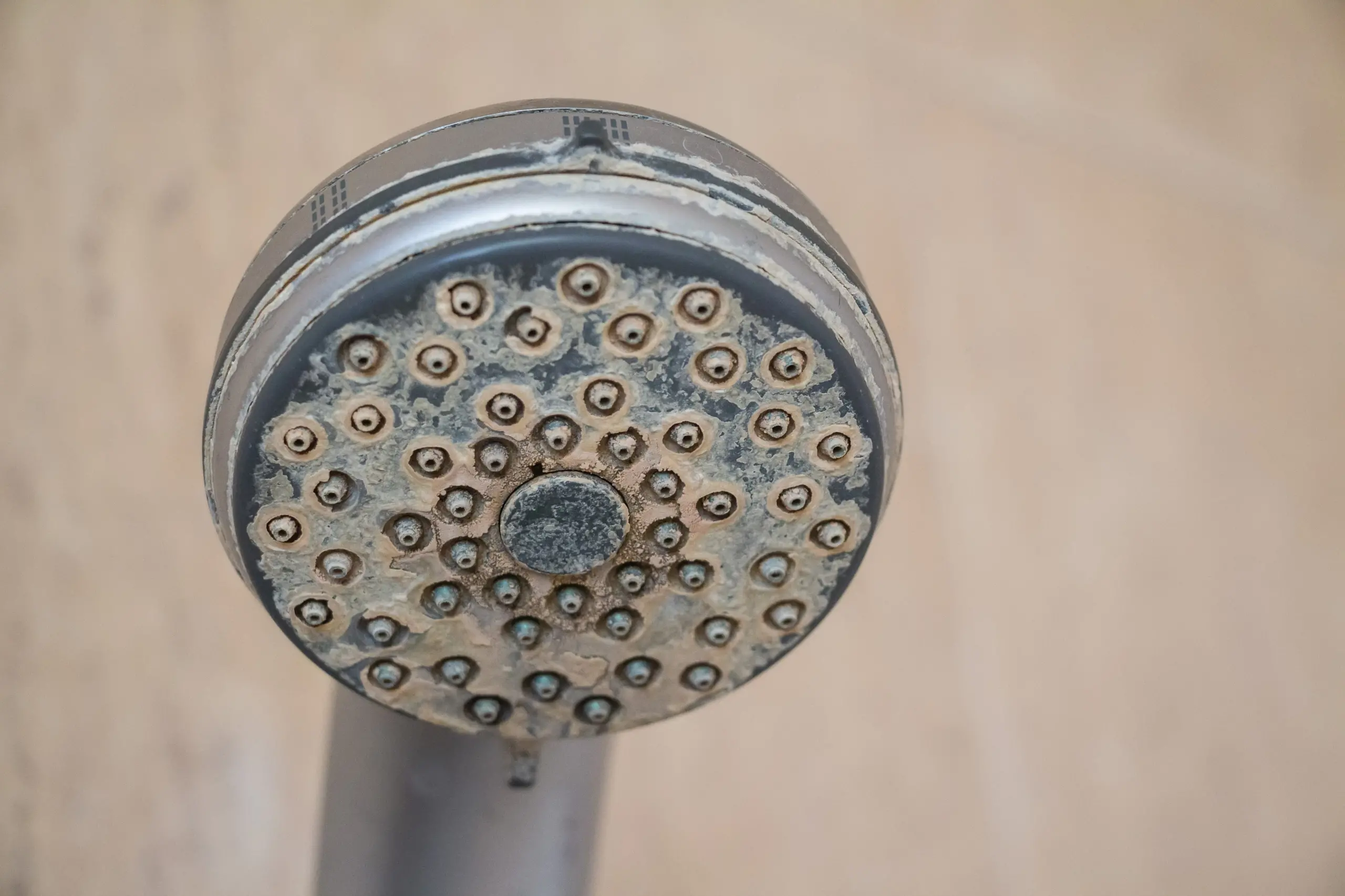What Is Hard Water? Unraveling the Mystery for Crystal Clear Understanding
You’ve probably heard the term “hard water” thrown around a few times. It might remind you of that white residue on your faucets, the stiff feel of your laundry, or perhaps the soapy film on your glass shower doors. However, beyond these common nuisances, what exactly is hard water? As a leading water filtration company, we’re here to dive deep into the subject and elucidate the mystery behind hard water.
What Is Hard Water?
At its core, water hardness is determined by the concentration of dissolved calcium and magnesium in water. When water permeates through deposits of limestone and chalk, which are predominantly made up of calcium and magnesium carbonates, it absorbs these minerals. Thus, the higher the concentration of calcium and magnesium, the harder the water.
The Difference Between Hard and Soft Water
Soft water is simply water with low concentrations of calcium and magnesium. It’s worth noting that soft water can naturally occur, but it’s also created through water softening techniques. On the contrary, hard water is teeming with these minerals.
A significant difference between the two is their reaction with soaps. Hard water reduces the soap’s ability to lather, which means you’ll probably use more soap than necessary. On the other hand, soft water produces a satisfying lather, ensuring you get the most out of your soaps and detergents.
How Is Water Hardness Measured?
Water hardness is generally measured in grains per gallon (gpg), milligrams per liter (mg/L), or parts per million (ppm). As a benchmark:
- Soft Water: 0-3.5 gpg
- Moderately Hard: 3.5-7 gpg
- Hard: 7-10.5 gpg
- Very Hard: 10.5+ gpg
Effects of Hard Water
- Household Appliances: Limescale, a chalky deposit resulting from hard water, can accumulate in appliances like dishwashers, water heaters, and kettles. This not only shortens the lifespan of these appliances but also decreases their efficiency.
- Cleaning: As mentioned, hard water doesn’t play well with soap. This leads to more soap being used, which, in turn, results in a filmy residue on dishes, glasses, and even your skin.
- Plumbing: Limescale buildup can also occur in your pipes, causing clogging and reducing water flow.
- Skin and Hair: Hard water may leave your skin feeling dry and itchy, and your hair limp and lifeless, due to the excess minerals and reduced soap lathering.
- Laundry: Clothes washed in hard water can feel scratchy and look duller. The minerals can also cause fabrics to wear out faster.
Benefits of Water Filtration and Softening
Now that you understand the potential downsides of hard water, the solution becomes evident: water softening. Here’s why investing in a water softening system can be a game-changer:
- Cost Savings: By prolonging the life of your appliances and using less soap and detergent, you save money in the long run.
- Brighter Laundry: Your clothes retain their color and softness, ensuring they last longer.
- Healthier Skin and Hair: With the absence of excess minerals, your skin feels softer, and your hair regains its natural shine.
- Easier Cleaning: No more battling with soap scum or mineral deposits on your fixtures.
- Environmentally Friendly: Less soap means fewer chemicals down the drain, leading to a lesser environmental footprint.
Conclusion
Hard water might sound tough, but the solutions to its problems are straightforward. Armed with the right knowledge and a trustworthy water filtration system, you can enjoy the myriad benefits of soft water. Remember, it’s not just about saving costs or prolonging the life of your appliances – it’s also about granting yourself the luxury of radiant skin, lustrous hair, and a home that gleams. Soften your water, and you’ll be softening the challenges of everyday life.


